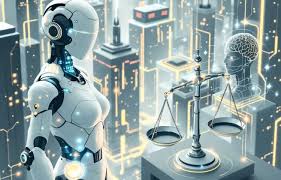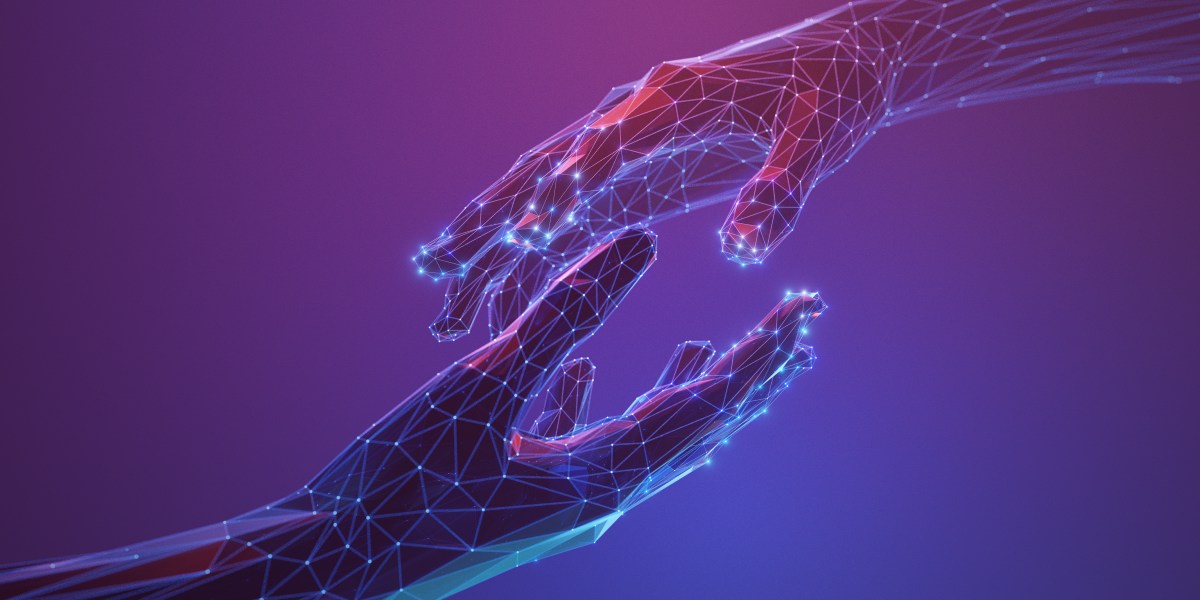Artificial Intelligence (AI) is rapidly transforming every aspect of our lives—from the way we work and communicate to how we access healthcare and education. Yet, as intelligent machines become more powerful and pervasive, they raise complex ethical questions that society must urgently address. The intersection of AI and ethics is a critical conversation about how we design, deploy, and govern these technologies responsibly to ensure they benefit humanity without causing harm.
Why Ethics Matter in AI
AI systems are designed to make decisions, often autonomously, based on data they process. However, unlike traditional software, AI can learn, adapt, and operate in unpredictable ways. This raises ethical concerns about accountability, fairness, transparency, and privacy. If not carefully managed, AI can perpetuate biases, infringe on individual rights, or even cause unintended social consequences.
Ethics in AI is about ensuring these technologies align with human values, respect dignity, and promote justice. It challenges developers, policymakers, and users to think critically about the implications of AI beyond technical capabilities.
Key Ethical Challenges of AI
1. Bias and Fairness
AI systems learn from data — and if the data reflects existing prejudices or social inequalities, AI can reinforce and amplify them. For example, facial recognition software has been shown to have higher error rates for certain ethnic groups, leading to unfair treatment. Ensuring AI fairness means carefully curating datasets, continually testing for bias, and developing algorithms that promote equity.
2. Transparency and Explainability
Many AI models, especially deep learning networks, are “black boxes” — their decision-making processes are difficult to interpret even by experts. This opacity raises concerns when AI is used in critical areas like criminal justice or healthcare, where understanding the rationale behind a decision is crucial. Ethical AI should be explainable so users and regulators can trust its outputs.
3. Privacy and Data Protection
AI thrives on large datasets, often including personal and sensitive information. Without strong safeguards, this data can be misused or leaked, threatening individual privacy. The ethical use of AI demands robust data protection measures, informed consent, and clear policies on data ownership and usage.
4. Accountability and Responsibility
When AI systems make mistakes or cause harm, who is responsible? Assigning accountability is complex, especially with autonomous systems. Ethical frameworks call for clear governance structures and legal standards that define responsibilities among developers, companies, and users.
5. Impact on Employment and Society
AI automation is transforming the labor market, displacing certain jobs while creating new ones. The ethical challenge lies in managing this transition fairly, providing retraining opportunities, and addressing economic inequalities that may worsen due to AI-driven disruption.
Ethical Principles for AI Development
Several organizations and governments have proposed ethical guidelines to steer AI development responsibly. Common principles include:
- Beneficence: AI should promote well-being and avoid harm.
- Justice: AI must ensure fairness and equal treatment.
- Autonomy: AI should respect human decision-making and freedom.
- Transparency: AI operations should be open and explainable.
- Privacy: AI must protect individual data and confidentiality.
- Accountability: Clear mechanisms for responsibility and redress.
Towards Responsible AI Governance
Addressing AI ethics requires collaboration between technologists, ethicists, policymakers, and civil society. Some practical steps include:
- Ethics by Design: Integrate ethical considerations early in AI development.
- Inclusive Design: Involve diverse stakeholders to avoid blind spots.
- Regulation and Standards: Establish laws and industry standards that ensure ethical compliance.
- Continuous Monitoring: Regularly audit AI systems for bias, safety, and compliance.
- Public Awareness: Educate users about AI’s capabilities and risks.
Real-World Ethical Dilemmas
- Autonomous Vehicles: How should a self-driving car prioritize lives in an unavoidable crash? This “trolley problem” highlights the need for ethical programming.
- AI in Policing: Use of predictive policing raises concerns about reinforcing discrimination and violating rights.
- Deepfakes and Misinformation: AI-generated fake videos threaten trust and democratic processes.
Conclusion
Artificial Intelligence holds immense potential to improve lives and solve complex problems, but it also brings profound ethical challenges that cannot be ignored. Navigating the ethics of intelligent machines demands vigilance, transparency, and a commitment to human-centered values. By fostering responsible AI development and governance, we can harness the power of AI while safeguarding society’s trust and well-being.



